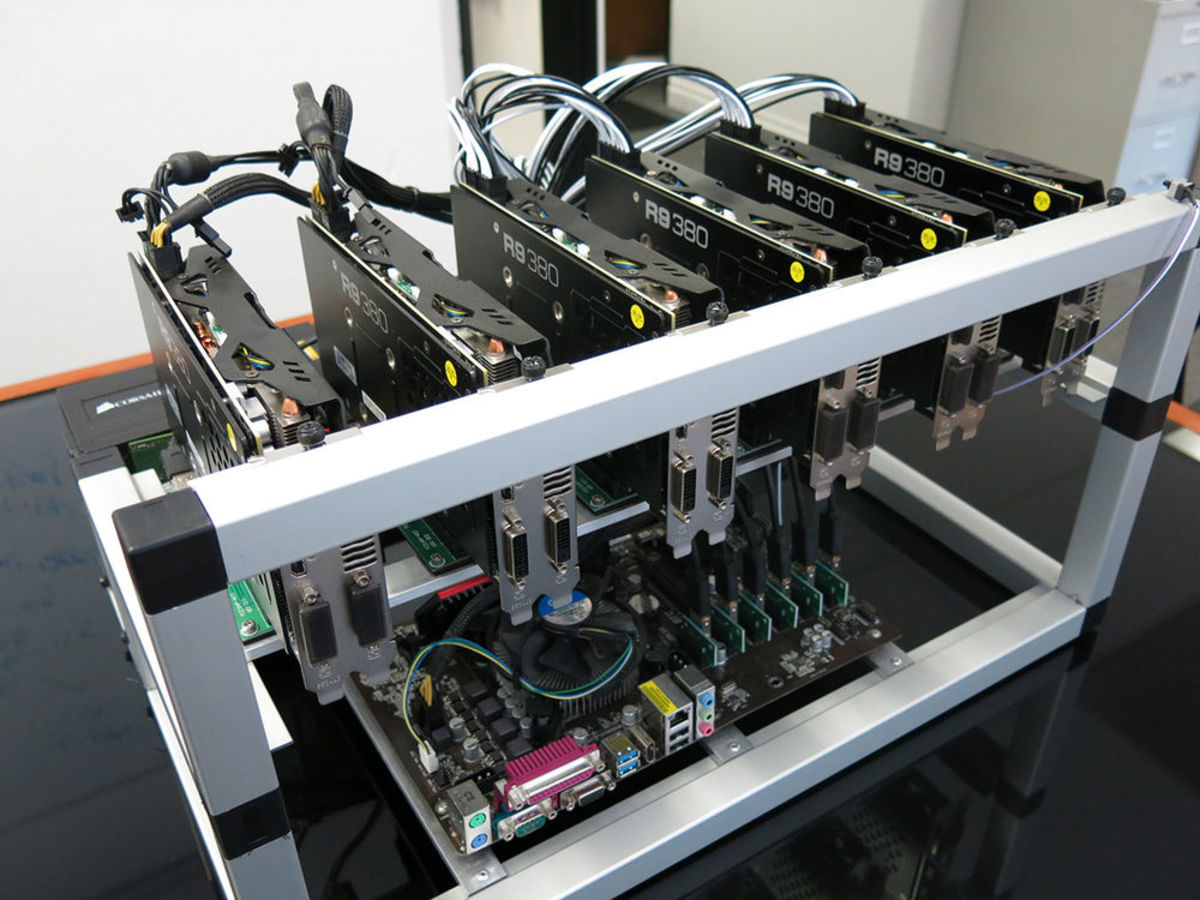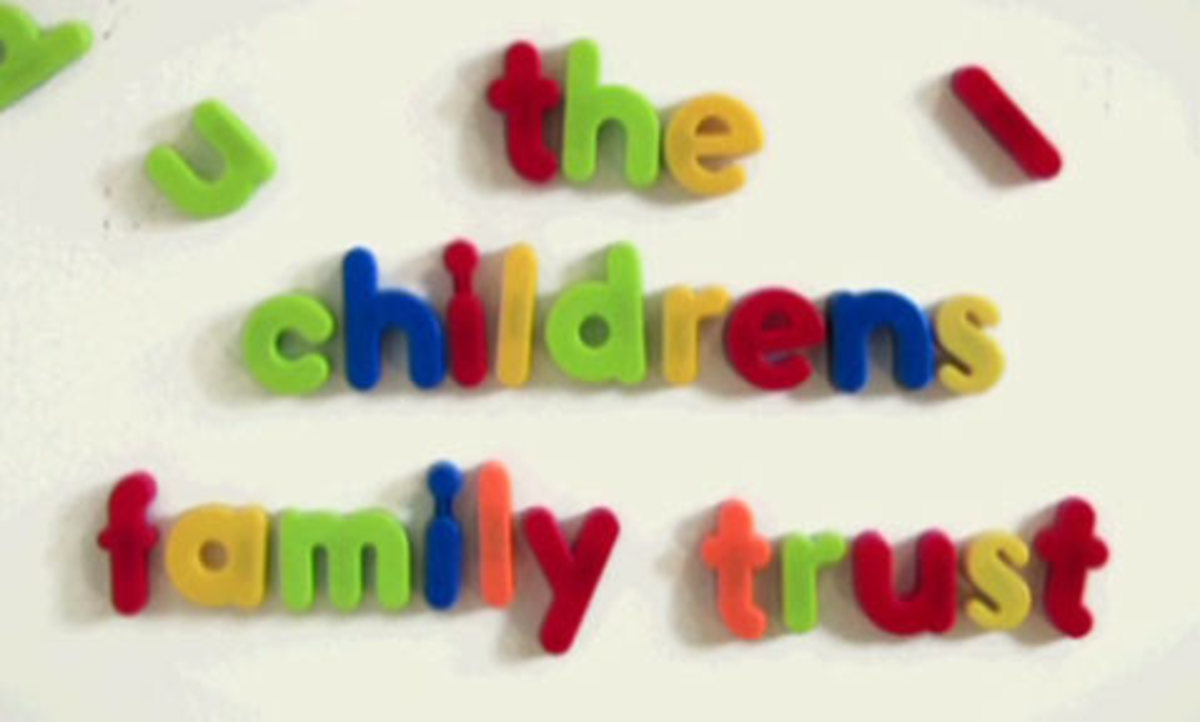How a Recession Causes College Grads to Earn Less Money Their Entire Careers
College Graduate Degrees Don't Guarantee a Well Paying Job

Getting a Job in the Recession May Affect Earning Less Income Lower Your Entire Career
From this study, it seems that the first job new work force entrants with college graduate degrees get, has a great and long lasting impact on their income. Those who graduate during a recession are very likely to face lower wages for their entire career, compared to graduates are first get employed during good economic times. It seems as though the income gap is never made up. Even as these college graduate degree workers get promotions and raises, so do their boom employee counterparts. 66% of wage increases occur in the inital 10 years of their profession. In 2009 new job offers to those with college graduate degrees went down 21%. The National Association of Colleges and Employers anticipates the decline to drop by an additional 7% by years end in 2010. Recession time grads compete with the already unemployed who have experience and the new graduates with college degrees coming into the job market. Those who are new to the job market and don’t find employment in their field within 2 years of graduating may never recoup. A long lack of unemployment affects the psyche of people and it can affect their emotional well being, their attitude, and their behavior. The consensus sometimes is to write off what the effects are on people with college graduate degrees because they are young, appear employable, and have time on their side. Sociologists have done longitudinal studies that have shown young people in their teens and early twentys who are not employed in steady work for extended periods of time have a higher risk of being heavy drinkers as they enter middle age. There is also a greater liklihood of these people with college graduate degrees developing depression. This study did comparative research with depression era workers and found them to have similar issues as compared to workers who emerged after the depression. Even Japan has noted similar findings. Japan went through a rough economic period during the 1990’s and now 60% of those Japanese employees who are currently in their 30’s are eliciting signs of stress and depression and other emotional problems.
There are Psychological Effects from Long Term Unemployment
For people who have been working and then find themselves unemployed for a length of time, the affects linger long after they find do work, especially if the work is not as high paying or prestigious as their old work. People sometimes lose their identity if their ego is closely tied to their careers. As frustration mounts from not finding suitable work, for long periods of time, a person can lose motivation and purpose and sense they have lost ground they will never regain. It is disheartening to go backwards in your career. In a 2008 survey, over 50% of those polled, said that since 2003, they had made little or no forward progress, and in some cases went backwards in their career paths.

Families are Affected by Unemployment in Many Ways
Statistics show that domestic abuse increases among unemployed men. In addition many unemployed men are passive aggressive which is destructive to the relationship. Some women who work while the husband takes care of the kids become dissatisfied with their relationship. Men very often identify themselves through their work more than women do, and when the work disappears there is a discernable loss. These statistics are not true for everyone, but unemployment damages marriages and creates challenges to relationships. 66% of divorces are initiated by women. The recession is delaying some divorces due to the cost of the dissolution, but the divorce rate is expected to climb as the recession eases. Marriages where the husband and wife do not have college graduate degrees are even at greater risk. Additionally fewer couples get married during a recession. People usually want to get married when they have a job.
A Bad Economy Can Cause Lower Earnings for an Entire Career
In another survey, 10% of those 35 and younger have moved back in with their parents due to the rough economic times. If this study pans out it means that a large portion of people with college graduate degrees are headed for rough times their entire life. As a society, it is important that we become aware of this to help them through these uncertain times, to help them keep their egos in tact and to help guide them towards a point that they themselves can aim towards better things in their long term future. The times of today, do not have to label and trap anyone who is unemployed now, for a lifetime. Not all people with college graduate degrees have a diminished view due to the economy. Those graduates from IV League Colleges and other prestigious universities tend to make up the economic ground lost soon after a recession eases. The 2009 graduates from Princeton University found more employment in the financial sector than in any other business segment.

You are a Valuable and Worthy Person for Who You Are, Not For What You Earn
It is a long road to recovery and there is no magic formula to creating jobs for the mass amount of unemployed and new people with college graduate degrees who want to use their skills in the marketplace. Being unemployed for long periods of time takes it toll on the person and their family members. Simply going back to work is not the whole solution. Certainly while there is no work, support groups and networking may be viable ways to help those who are out of work, or employed in low paying jobs.
People with college graduate degrees have high hopes for themselves and their future. Hard working and experienced employees who are currently unemployed face an uncertain future as well. Society has a responsibility to its productive members who can’t find work and are suffering emotionally and financially during the recession. Innovation, awareness and a sensitivity to the psychological toll the recession takes on the unemployed is important to realize. People who are unemployed have a lot of issues they are wrestling with. Some don’t know which way to turn to ask for help. But if help were available, not just in terms of jobs, but in terms of emotional support too, maybe people would have alternatives to help them through difficult times in their careers. For everyone who is waiting for their career to start or begin again, keep a positive attitude. Look at the big picture. Focus on the important people in your life, and try not to connect your ego to your work. People are valuable and worthy because of who they are, not for what they earn.







